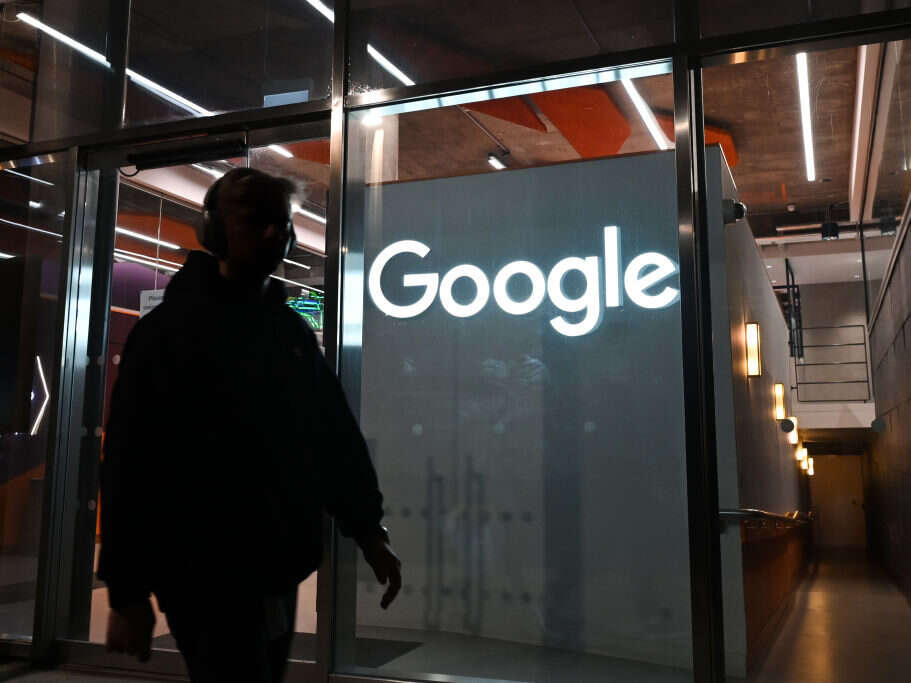
Picture: Artur Widak/Anadolu Agency via Getty Images
Google’s latest core algorithm update has dealt yet another blow to publishers striving to improve their search visibility. It follows a string of recent updates that have led to most news publishers to fall down the search giant’s rankings.
Data from SEO tool Sistrix shows that of 70 leading news publishers tracked by Press Gazette, based mostly on those that regularly appear in our UK top 50 ranking, all but 15 saw falls in their visibility score. Of those, almost half (33) saw declines in the double-digits.
Sistrix’s Visibility Index measures how successful a website is in Google search results, assigning higher scores to sites that rank better in search results.
One of Google’s ‘biggest core updates yet’
While Google core updates are nothing new and happen at least once a year, the update launched on 6 March 2024 was, according to SEO experts at Yoast, one of Google’s biggest core algorithm updates yet.
It was targeted at cleaning up low-quality, often AI-generated content cluttering search results and was rolled out over a number of weeks.
Unlike the previous core update of late 2023, which particularly hit publishers with a traditional focus on scale often built with the aid of SEO-explainer-style articles, this update has negatively impacted both newer and more traditional news names.
Content from our partners
BBC News, for example, was among the sites that saw the biggest percentage drops, with its site losing 37% of its search visibility having fallen from 24.7 to 15.4 points in a little over six weeks. Its relative decline was second only to Canada-based entertainment site, Screenrant which saw its visibility fall by 40% from 27.6 to 16.7.
Other established publishers who saw large percentage dents












